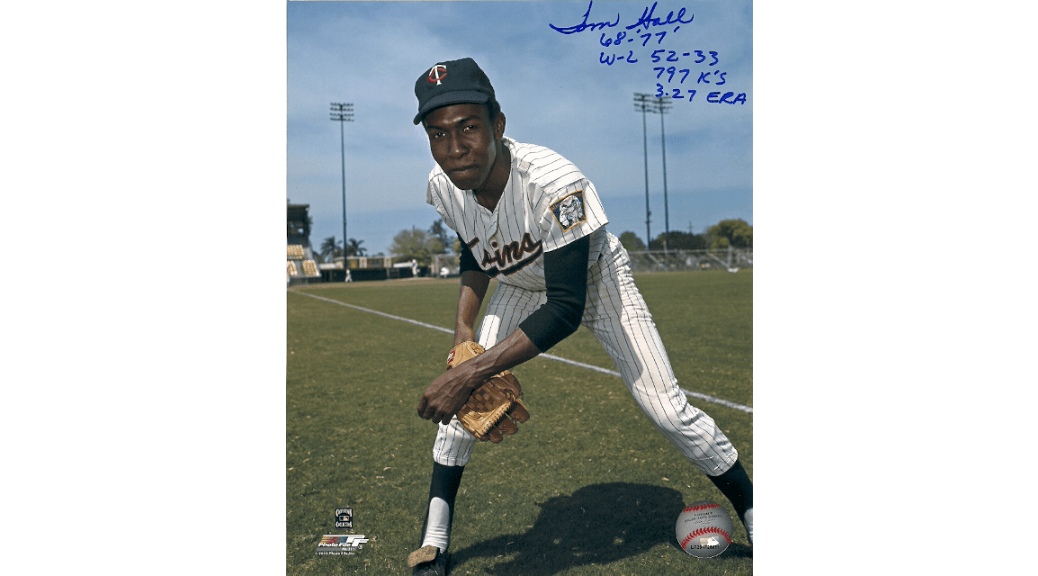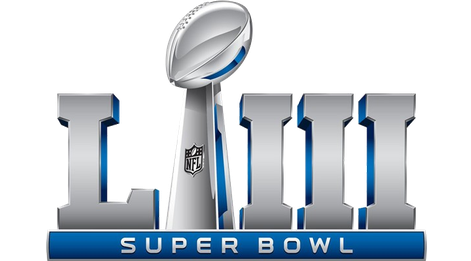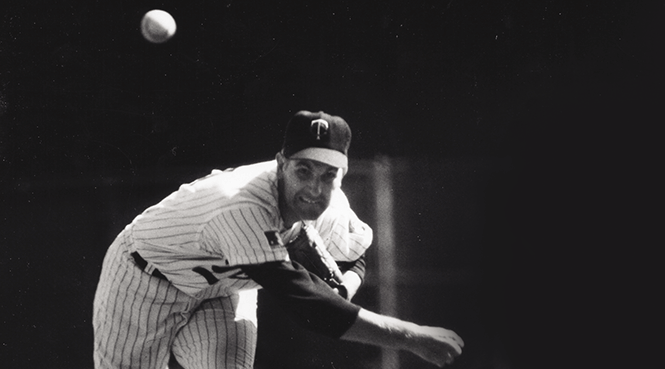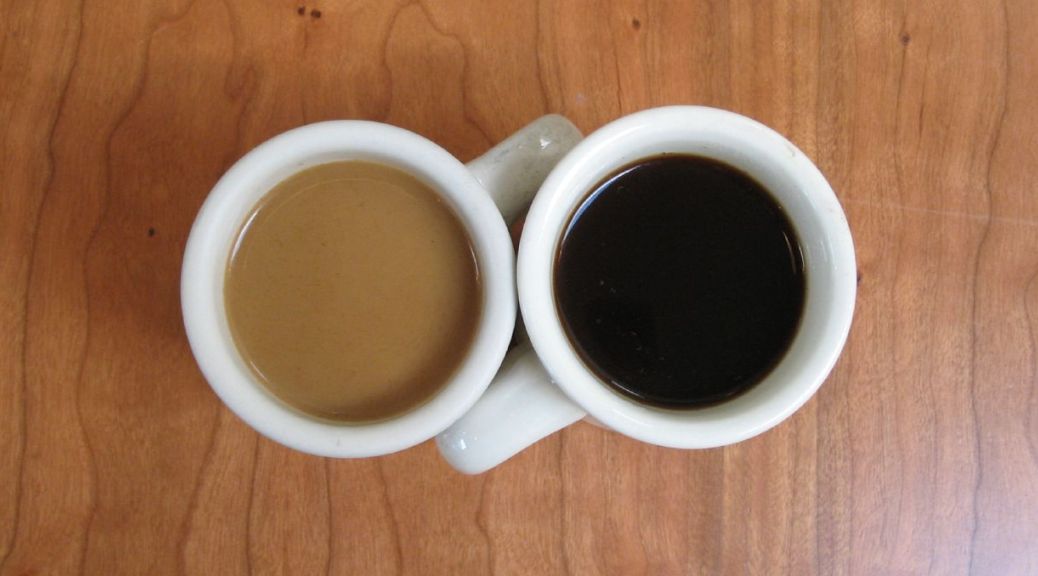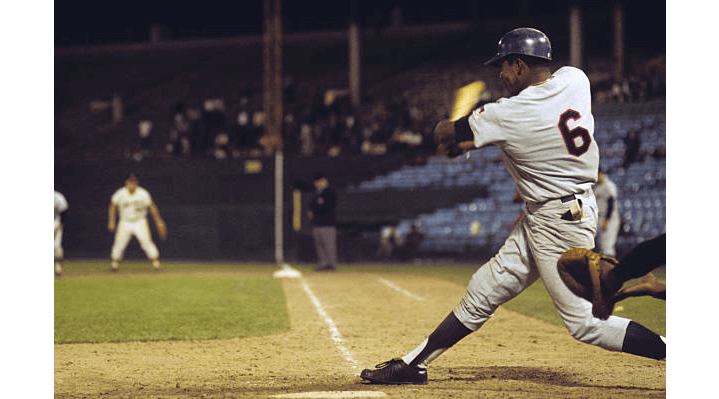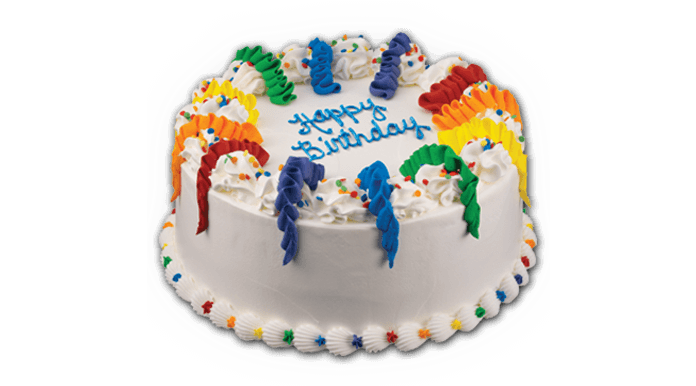MINNESOTA 1, NEW YORK 0 IN MINNESOTA
Date: Sunday, August 24.
Batting star: Rick Renick was 2-for-4.
Pitching star: Tom Hall pitched a complete game shutout, giving up four hits and two walks and striking out eight.
Opposition star: Al Downing pitched an eight-inning complete game, giving up an unearned run on four hits and five walks (three intentional) and striking out five.
The game: This was an old-fashioned pitchers' duel. Each team had just four hits. Neither team got a man past first base until the fifth, and then no hits were involved--Leo Cardenas drew a one-out walk and Frank Quilici reached on an error with two out. Hall grounded out to end the inning.
Each team put two on in the sixth. For the Yankees, Horace Clarke and Gene Michael got consecutive one-out singles. For the Twins, Renick got an infield single and was bunted to second. That led to Harmon Killebrew getting an intentional walk and that strategy worked, as a fly out and a line out ended the inning.
The Yankees got a man to second in the eighth, as Len Boehmer got a bunt single and was bunted to second by Downing. That was the last man who would get as far as second base for New York.
The Twins finally scored in the ninth. Oliva reached on a three-base error by New York left fielder Bill Robinson. Bob Allison and Cardenas were intentionally walked to fill the bases. George Mitterwald then singled to bring home Oliva with the deciding run.
WP: Hall (6-4). LP: Al Downing (4-4). S: None.
Notes: The Twins kind of used a B lineup on this Sunday. Renick was at third and batted leadoff. Cesar Tovar batted second and was in centerfield. Allison was in left and Frank Quilici was at second base. Mitterwald was behind the plate. Killebrew played first. That left mostly-regulars Ted Uhlaender, Rich Reese, Graig Nettles, and Johnny Roseboro on the bench.
That would be a good bench, but it was never used. Each team used exactly nine players, no more. There were no relief pitchers, no pinch-hitters, no pinch-runners, no defensive replacements. I suspect that's pretty rare.
Oliva was 0-for-4 and was batting .320.
By game scores, this was tied for Hall's best game of the season. On April 18, he had thrown a two-hit shutout (with four walks) against the California Angels.
Downing had been in the Yankee bullpen most of the season, not moving into the rotation until August 2. My first thought was "how could the Yankees have had four starters better than Al Downing?" I really don't think they did, but their four starters weren't bad: Mel Stottlemyre, Fritz Peterson, Stan Bahnsen, and Bill Burbach. Burbach is the least known of the four, but he posted a 3.65 ERA in 1969. Downing had an ERA of 3.16 as a starter, with a WHIP of 1.26, so he was probably better, but the point is that there was no obvious hole in the rotation that Downing should have been filling.
I miss the days when the Twins could sweep a three-game series against the Yankees. I have to admit, though, that this was a tough way for Downing to lose--a leadoff three-base error in the ninth. It's hard to say if the two intentional walks were good strategy or not--there really aren't any good strategies for a situation where the other team has the winning run on third with none out. Filling the bases to set up a force play at the plate is probably as good a strategy as any. Had Downing been able to get Mitterwald out, the next two batters were Quilici and Hall, which might well have provided an escape hatch, although the Twins certainly might have used a pinch-hitter or two. Fortunately for the Twins, Mitterwald delivered.
Record: The Twins were 75-50, in first place in the American League West, two games ahead of Oakland.

